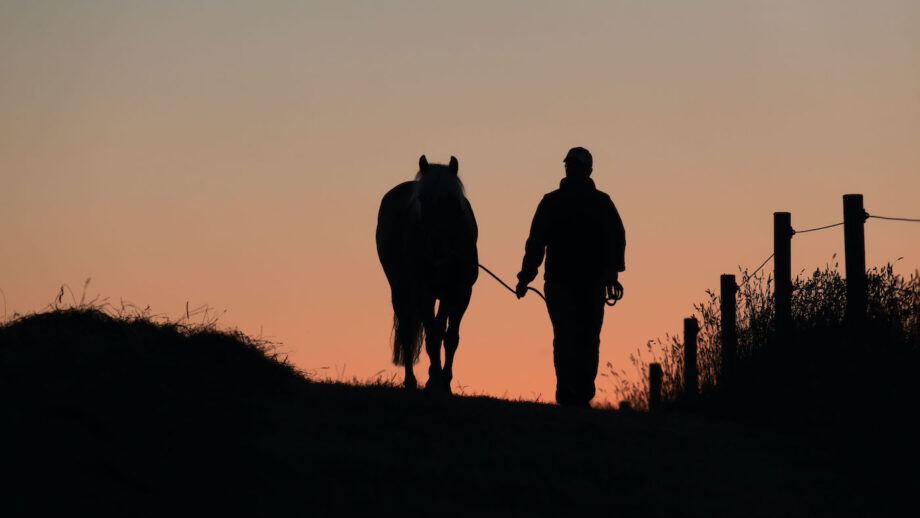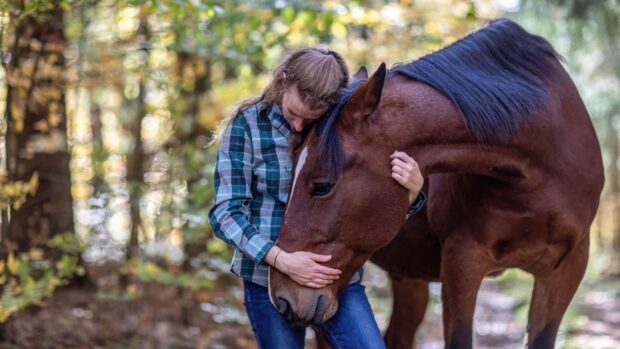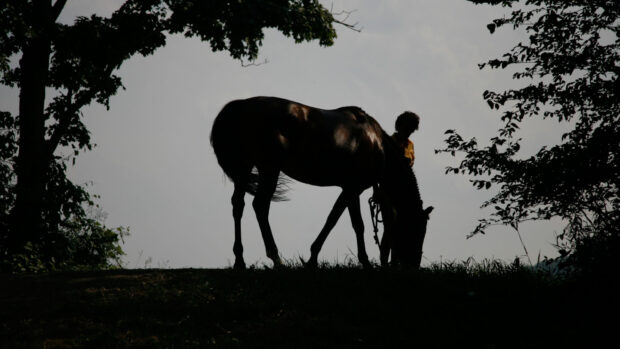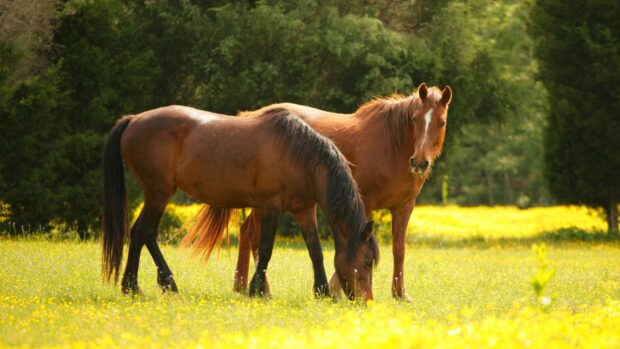It is critical owners understand what they are covered for, insurers and vets agree, to avoid adding disappointment to the heartbreak of losing a horse.
Surgery specialist vet Judith Findley, of Donnington Grove Veterinary Group, said the practice has noticed an increase in clients struggling to understand their policies, and not realising that they will not always be covered if a horse is put down.
The British Equine Veterinary Association (BEVA) guidelines for paying out for equine euthanasia state: “That the insured horse sustains an injury or manifests an illness or disease that is so severe as to warrant immediate destruction to relieve incurable and excessive pain and that no other options of treatment are available to that horse at that time.”
The guidance states that this “essentially deals with the emergency situation, for example on the racecourse, event or at a road accident, where immediate action must be undertaken by the attending veterinary surgeon”.
“The decision to advise an owner to destroy a horse on humane grounds must be the responsibility of the attending veterinary surgeon, based on his or her assessment of the clinical signs at the time of examination, regardless of whether or not the horse is insured,” it adds. “The veterinary surgeon’s primary responsibility is to ensure the welfare of the horse.”
Deteriorating condition
For less urgent cases such as chronic illness or lameness and a horse’s condition “deteriorating to the point at which euthanasia will be required”, it is “essential to keep insurers informed of the situation and to mutually agree or negotiate an appropriate course of action, if necessary involving their veterinary adviser”.
“Such cases may require a second opinion on behalf of the insurers before euthanasia is undertaken,” the guidance states.
Dr Findley told H&H that more people may be putting horses down owing to the financial situation and cost of living.
“We’ve had more people than usual who have thought they were going to get a payout, then be shocked a few weeks later when they don’t,” she said.
“I think there’s a lack of understanding of this from owners, both that the guidelines exist, and what they mean when you’re in that situation.”
She said a good example might be a case of colic, when surgery would be an option but the owner decides it is not the right one for the horse, whether owing to its age or another health condition.
“So they choose to put the horse to sleep, then realise that because there was a treatment option and they chose not to take it, they won’t get the payout,” she said. “And even if you tell the owner, it’s at a point when they’re so distressed, they don’t really take it in.”
Dr Findley said it is an emotive topic, and it can be shocking to owners to find out that even if they and vets agree euthanasia is in a horse’s best interests, this does not mean a payout is guaranteed.
“It would be good for people to think about it in a non-emergency situation, plan and understand what the policy covers and what it doesn’t,” she said.
Answering questions
BEVA chief executive David Mountford said vets can sometimes be blamed if a mortality claim is rejected.
“It’s critical that owners know what they are insuring against before they take out a policy,” he told H&H. “Insurance companies generally do a good job of explaining the policy terms and should be able to answer any questions that owners have before commitments are made.”
Laura Swinnerton, head of underwriting and product development at Peliwica Insurance, told H&H the company has to stick to the BEVA guidelines for an “all risks of mortality” policy.
“They exist to protect the animal as much as anything,” she said. “They ensure that horses aren’t put to sleep for owners’ financial gain.
“We understand that this can be a very distressing time for horse owners contemplating losing their best friend but we have to adhere to the guidelines, as do all insurers. We recommend all owners read the terms and conditions of the policy carefully, and ensure they understand, to avoid any further distress at such a difficult time.”
- To stay up to date with all the breaking news from major shows throughout 2025, subscribe to the Horse & Hound website
You may also be interested in:

Equine mortality insurance explained – everything you need to know, from what it covers to how to make a claim

What is loss of use insurance for horses and how does it work?

‘We’re delighted to bring loyal readers this benefit’: H&H magazine subscribers get free website access




